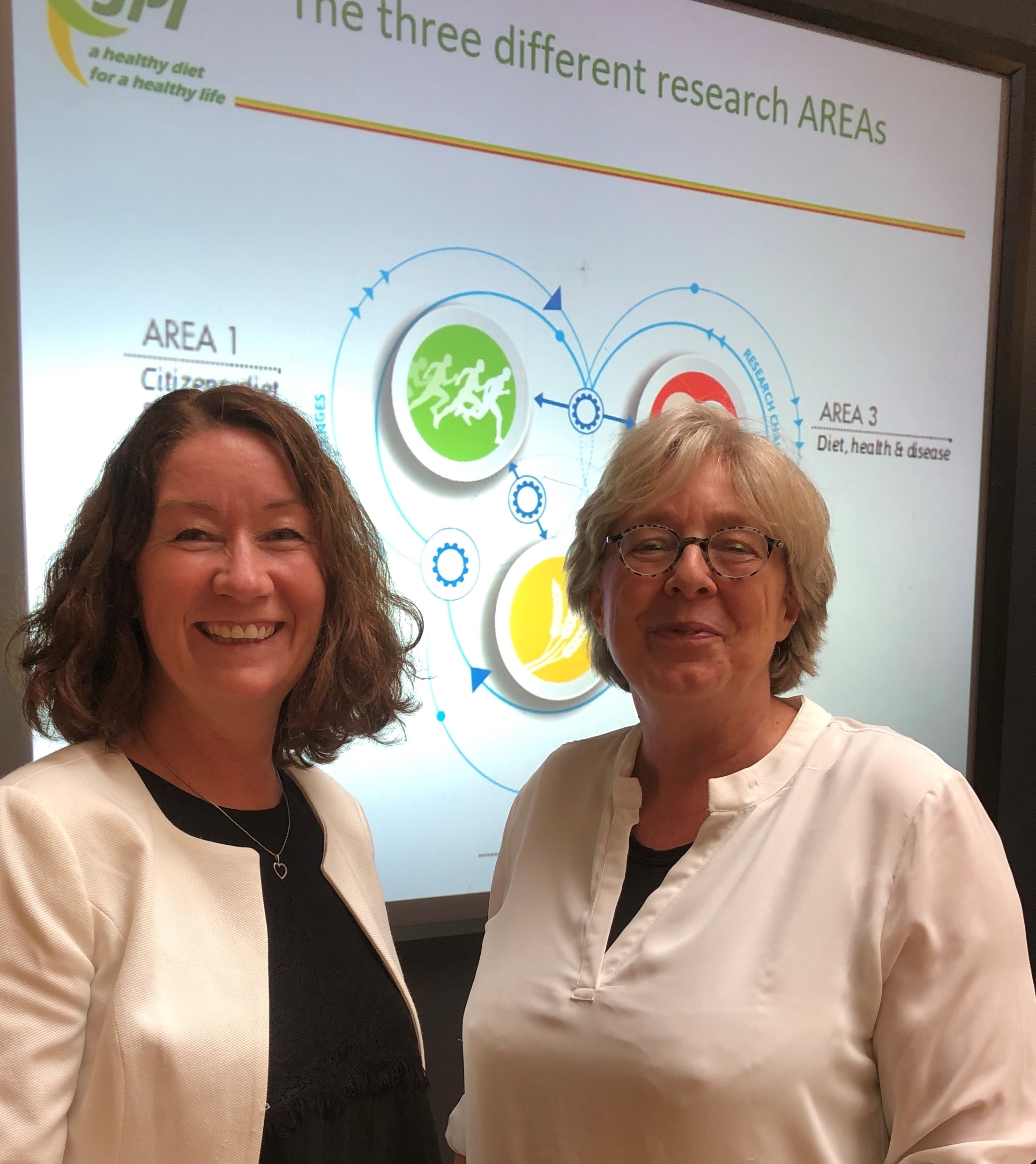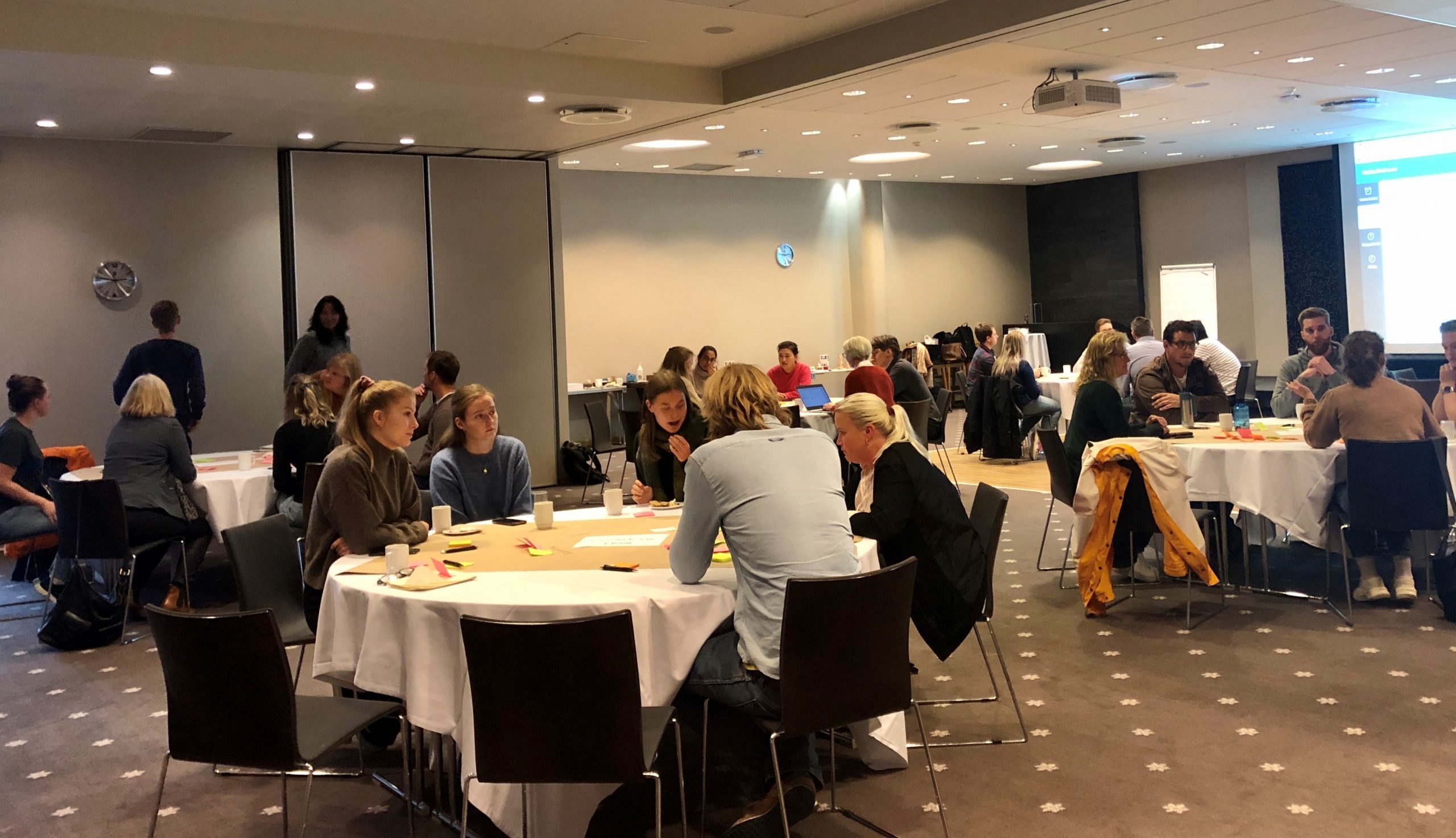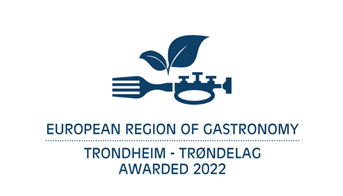The establishment of the NTNU Food Forum was a consequence of NTNU choosing to be a member of the European Food Forum so it could be an active participant in the development of future food policy.
When the representative from the Norwegian University of Science and Technology (NTNU) was appointed Vice President of the European Food Forum, it was time to start the job of getting the most out of the position and representing the full breadth of NTNU’s expertise in the field of food. It was the start of combining the food expertise at Norway’s largest university. But what does it mean for Trøndelag and Norway? We asked Vice President Eva Falch.

What is the European Food Forum?
The European Food Forum was founded in late 2019 by a group of Members of the European Parliament (MEP) who wished to raise the knowledge base for future sustainable food systems. The forum arranges conversations intended to shed light on various perspectives and “drive the policy debate for sustainable food systems”. For food policy to contribute to sustainable food, having a good evidence-based basis is important.
The forum also arranges various debates under the umbrella “Farm to Fork” where various actors are invited to shed light on topics from different perspectives. In 2020, we arranged 10 such events. This year there will be roughly the same number of current topics, virtually all of which involve areas that will affect our food sector in Norway.
How did NTNU get involved?
NTNU has its own office in Brussels. When we heard that a European Food Forum was being founded, the head of the Brussels office suggested that NTNU could become a member. NTNU already had a multi-year collaboration on food policy, which involved master’s students meeting EU actors through digital classrooms and gaining an insight into current topics that will affect the Norwegian food sector. Consequently, such a European forum was perfect for developing this relationship further and gaining a clear voice in the development of Europe’s food policy.
Who is involved?
As well as almost 30 MEPs, the forum’s members include various special interest groups, associations, business/industry representatives, large and small food producers, food chains, research institutes, universities and other public institutions. There are representatives of consumers, primary producers, the ingredients industry, trade and education, among others.
What have you achieved by being involved? What have you managed to change?
We have increased our network, learned about food policy and how we can influence and contribute input to achieve a good knowledge base when the food and food policy of the future is being developed. We have also contributed to Norway, Trøndelag and NTNU being a partner of greater interest in various collaborations. By being so actively involved in the forum, we also know what the dialogue is about, and which changes will come that we will have to deal with. Afterall, most of the regulations that the food sector must comply with are developed by the EU.
We have also chosen to showcase areas in which Norway is particularly good, such as our low antibiotic use, links between students and the food sector and how we are working to minimise food waste. We experience that the examples we present are also used in strategic discussions and documents. Our input also contributes to shaping the research strategies and calls for proposals, especially our input to include blue food (seafood) in calls for proposals.
The path to decision-making in the EU has become shorter. Moreover, we are becoming more and more competent in using our multidisciplinary voice in the global discussions in this area.

How does this benefit the cooperation in Trøndelag?
The fact that Norway’s largest university has such a major strategic focus on sustainable food already has spin-off benefits for Trøndelag. The NTNU Food Forum offers a door to NTNU with its 7,400 employees and 42,000 students.
Several specialists from NTNU participate in regional activities such as the Trøndelag Food Festival, events under the auspices of Green Research and student involvement in Trøndelag. Having more specialists at NTNU with knowledge of the challenges the food sector is facing, as well as knowledge of NTNU’s overall competence, leads to more qualified ambassadors for more sustainable food. NTNU is one of the main owners of Oi Trøndelag Mat of Drikke, which arranges the annual Trøndelag Food Festival and the Brewery Festival, where I am on the board. NTNU has productive collaborations with numerous food producers in Trøndelag, SINTEF, the NCE Aquatech cluster, Trøndelag County Municipality, Trondheim Municipality and several other municipalities.
As part of the work involving Trondheim and Trøndelag as a European Region of Gastronomy in 2022, Trøndelag’s researchers have greater cooperation in food research. NIBIO, RURALIS, SINTEF and NTNU are now collaborating on a research project within sustainable food systems. I believe that collaboration has many benefits and I have no doubt that we must all work in new and innovative ways to solve the many challenges we face that lie ahead.
Written by Henriette Louise Krogness







